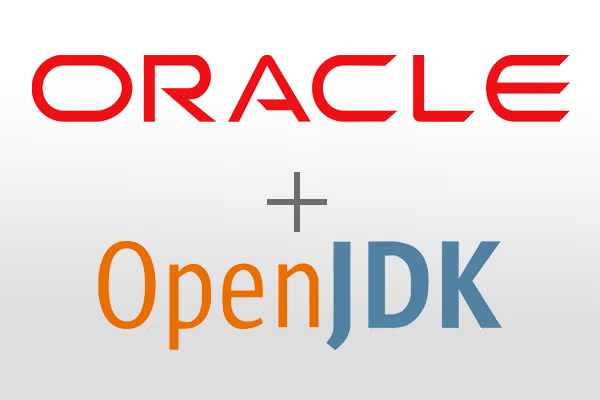This is the latest OpenJDK guide for businesses looking to utilize this open source software.
Whether you're considering OpenJDK or already using it, find the tips you need to answer questions like...
How do you convince your team to choose OpenJDK? What are your options for migration? How will getting support for OpenJDK help you?
Consider this your ultimate guide to the latest OpenJDK updates.
Read along or jump to the section that interests you most:
Overview of OpenJDK
Java OpenJDK is the community upstream project that represents the current origin point of the Java Runtime Edition and the Java Development Kit. The OpenJDK source code is the basis for these products.
OpenJDK can be thought of as “free” Java. It is free in the sense that there is no cost associated with it, and free in the sense that you can acquire it easily and redistribute it without worrying about license obligations.
Looking to know the basics of OpenJDK? Get an overview in: What Is OpenJDK?
 Back to top
Back to top
Why Choose OpenJDK?
Convincing your team to utilize OpenJDK comes with a variety of questions to be answered:
Is OpenJDK on Linux secure? What about OpenJDK on Windows? What do open source licenses look like? How do you maintain an open source Java application? Are there OpenJDK vulnerabilities? What makes OpenJDK different from other JDKs?
Latest OpenJDK Enhancements
Java is in a renaissance with OpenJDK in 2020.
What's in the latest JDK enhancements? Find out in the webinar below.
What does OpenJDK adoption look like in 2020? Find out in the webinar below.
OpenJDK Downloads
Ready to get started with OpenJDK? You can now get OpenJDK downloads from OpenLogic.
Back to top
Comparing JDKs
OpenJDK isn't the only JDK. Many switch to OpenJDK from Oracle.
OpenLogic by Perforce created resources to help you easily convince your team to save $1,000s by switching from Oracle JDK to OpenJDK.
Differences Between JDKs
OpenJDK and Oracle JDK have a lot of similarities. But there are key differences you need to know. Compare OpenJDK vs. Oracle JDK to find out.
Licensing and Support Costs
The Oracle Java license got expensive. What exactly does that mean for you? It might be time to consider a switch to OpenJDK.
The Future of Java
How does the future of Java affect your decision on JDKs? Watch the webinar below to learn about the implications on subscription models.
Capabilities
Find out what capabilities of OpenJDK on Windows are the most important to consider.
Back to topHow to Migrate to the Latest OpenJDK Release
Does a migration to OpenJDK make sense for your organization? It’s critical to measure the cost, time, resource, and support implications for maintaining your Java applications.
[Forrester Report] Still Considering OpenJDK?
Find out what the Forrester analysts have to say about switching to OpenJDK.
Tips For Your Migration
Get tips from the Java experts on your OpenJDK migration. This includes what you'll need to do to take advantage of the latest OpenJDK features.
Overview of Support
Why pay for OpenJDK support? Enlisting the help of OpenJDK experts ensures that you can migrate, install, and maintain OpenJDK — without the risk of vulnerabilities.

Support For the Latest OpenJDK & Beyond
Are you looking for Enterprise Architects with Java expertise?
The team at OpenLogic consists of passionate, experienced Enterprise Architects who provide end-to-end services to organizations so they can confidently gain the freedom and savings that come with using open source software. Learn more about open source Java services and support.
With OpenLogic, you can trust you'll be working with an experienced architect with a wealth of experience solving complex challenges in Java environments. Connect with one of our open source architects to get answers to your questions and to learn more about our JDK support, innovation, migration, and training!